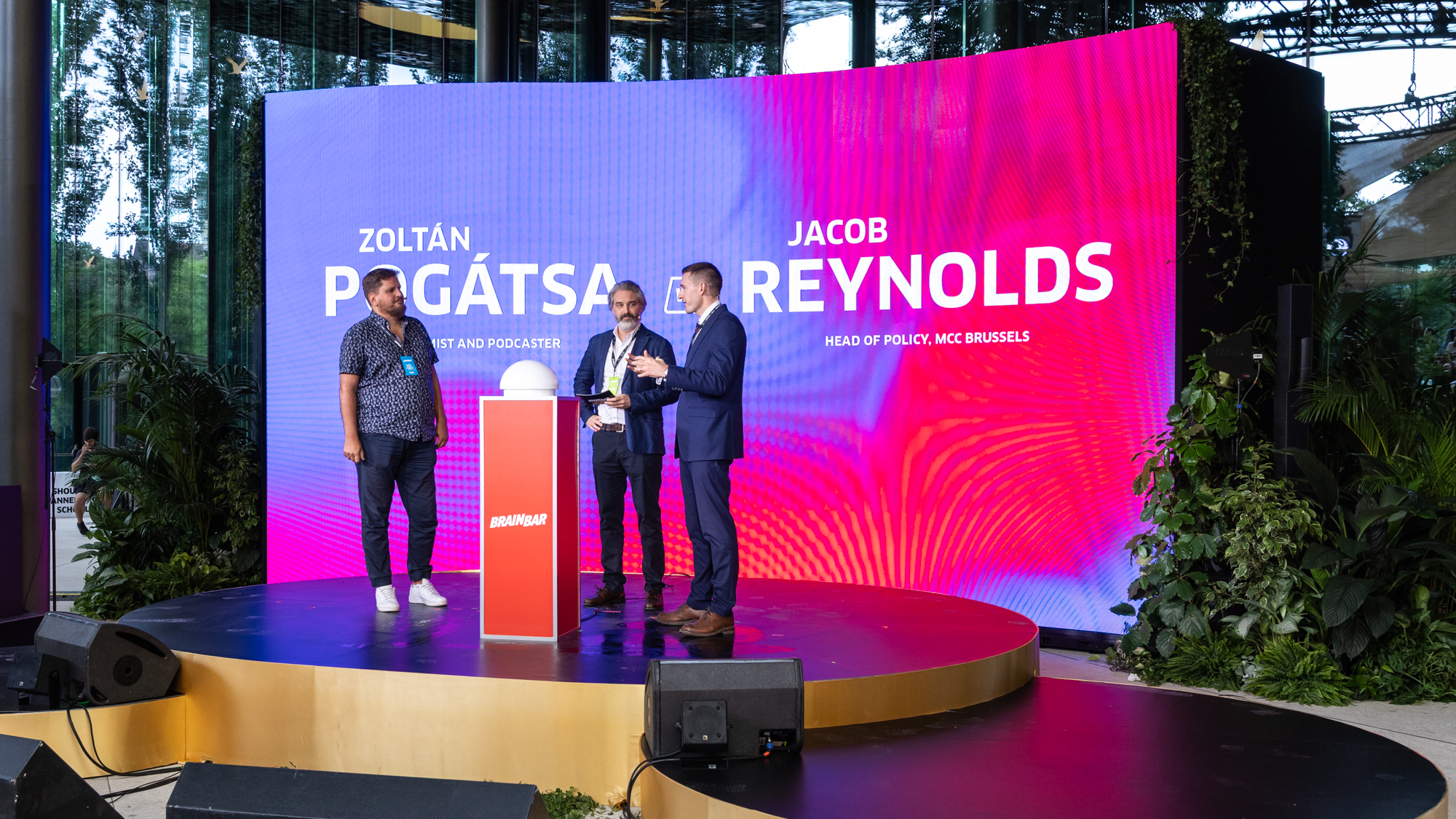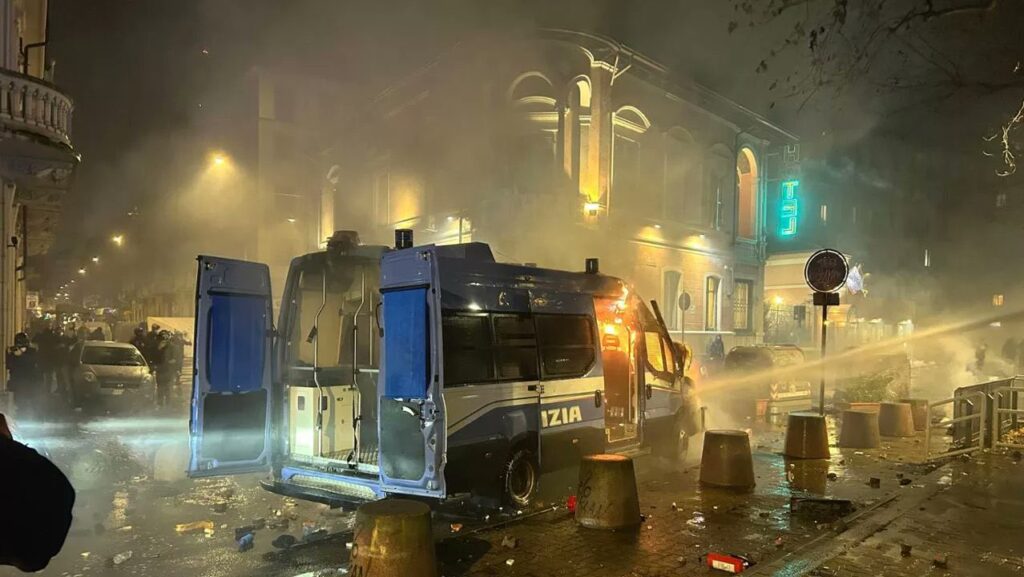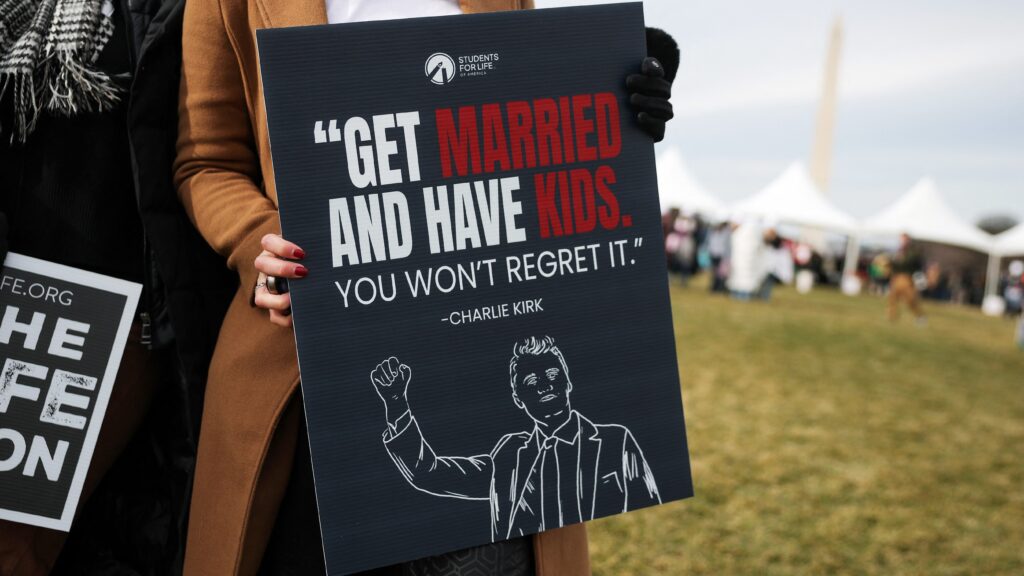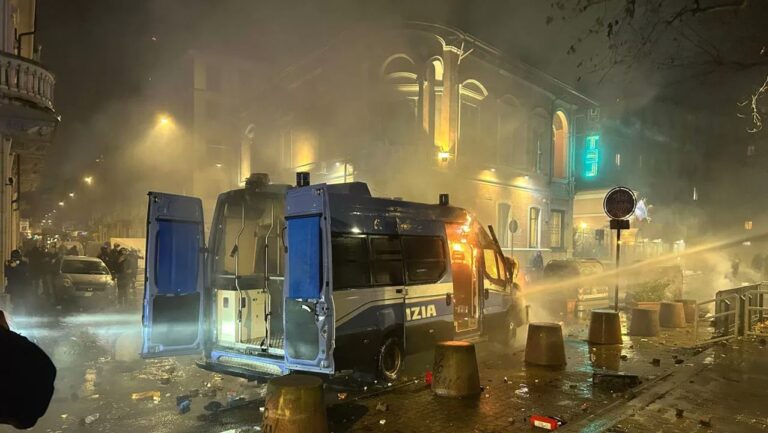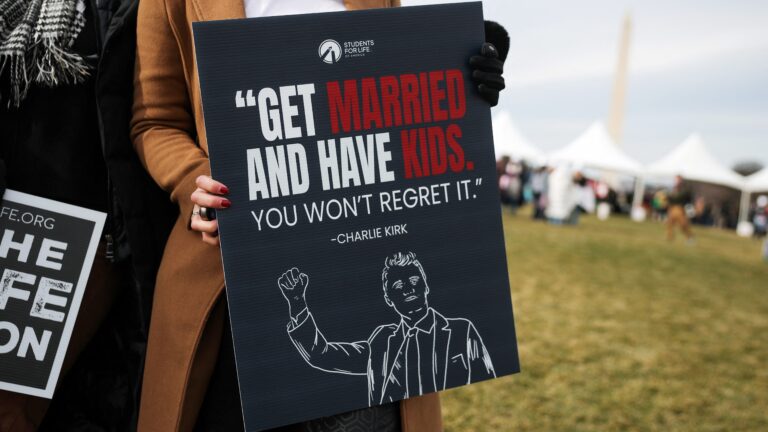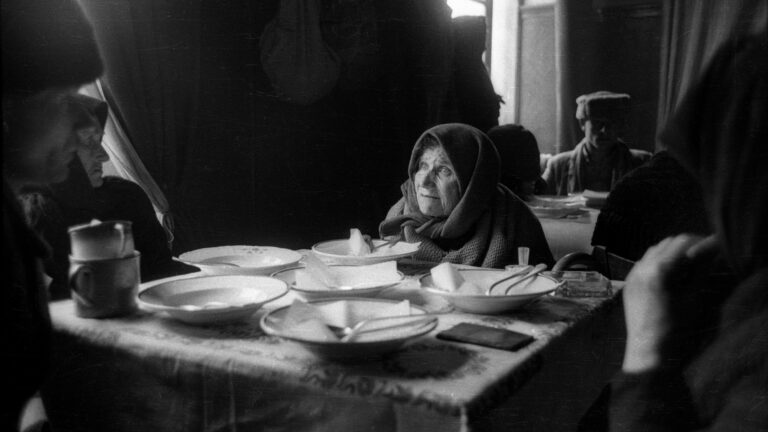Donald Trump’s legacy will be long remembered—probably this was the only statement Hungarian economist Zoltán Pogátsa and MCC Brussels Head of Policy Jacob Reynolds and the audience agreed on during a heated debate at Brain Bar 2025 on Thursday in Budapest. Moderated by Danube Institute Director of Research Calum Nicholson, the crowd witnessed a fiery clash of views, with Pogátsa branding Trump an opportunist and ‘populist clown’, while Reynolds argued that Trumpism represents a vital corrective to a stagnant political order.
The discussion opened with a symbolic audience vote using a clap-o-meter. Asked whether ‘Trump’s legacy will be long remembered,’ the crowd overwhelmingly agreed, setting the stage for a lively exchange.
Nicholson posed the first question: was Trump a necessary shake-up of a broken political system, or a destabilizing force in a functioning democracy?
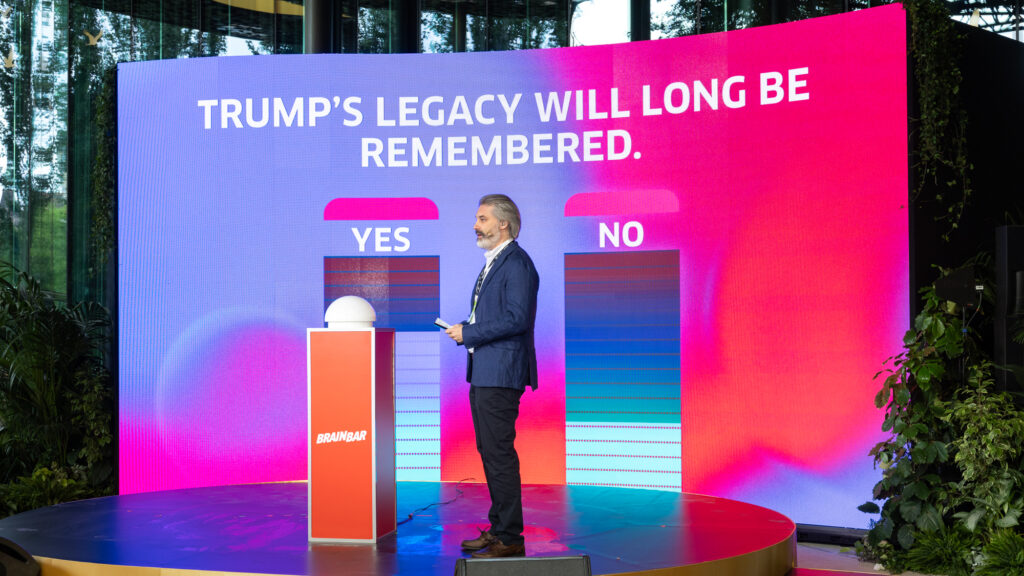
Reynolds leaned toward the former. ‘One of Trump’s best qualities was that he was as critical of the Republicans as he was of the Democrats,’ he said. ‘The two-party system had dominated for so long with the same stale ideas. Trump forced real concerns of ordinary Americans onto the table.’
Pogátsa countered sharply. ‘He’s not a force for anything new. He’s an opportunist. He wanted to be president just as he once wanted to be in real estate. He saw a broken system and thought: “I’ll play the populist and make it into the White House.” But he hasn’t delivered. He’s part of the elite, exploiting the situation.’
The two sparred over Trump’s record on the economy and culture wars. Reynolds insisted that border control, tariffs, and cultural debates were substantive achievements. ‘Culture matters. Questions about what is taught in schools or whether children are taught to hate America are central issues. Trump forced those onto the agenda,’ he said. He also credited Trump’s tariffs with beginning to reverse decades of outsourcing: ‘It was a signal to the world that jobs must return.’
Pogátsa rejected that claim. ‘Manufacturing jobs are still in decline. Trump promised to revive them but failed. His tariff policy is chaotic—one morning he raises them, in the afternoon he lowers them, threatening allies for political reasons. That’s not strategy, that’s theatre. Culture wars distract from the fact that Americans left behind by globalization are still left behind.’
Nicholson pressed both men on whether Trump the man can be separated from Trumpism the movement. Reynolds answered yes, portraying Trump as a vehicle for widespread discontent. ‘The terror elites felt at his presidency shows how disruptive he was,’ he argued. Pogátsa disagreed: ‘People are real, their grievances are real. But Trump isn’t. He’s a salesman, not a savior. He cheats them with slogans.’

Foreign policy dominated the next stage of the debate. On Ukraine, Reynolds admitted Trump’s claims of brokering peace within two days were overconfident but insisted he had shifted the dial: ‘He forced Europeans to recognize they cannot rely on America forever.’ Pogátsa was unconvinced, arguing Trump covered up failures with theatrics. ‘I see no tectonic shift, only fireworks,’ he said.
On China, Reynolds suggested Trump had forced Washington to acknowledge the end of America’s unchallenged supremacy. Pogátsa retorted that Trump’s rhetoric—including calling climate change a Chinese hoax—was fearmongering that damaged prospects for cooperation.
When Nicholson asked about Trump’s ultimate legacy, the divergence was stark. Reynolds invoked Henry Kissinger’s description of Trump as a figure who appears at the end of an old order to shatter illusions. ‘Trump destroyed the comfortable certainties around globalization, mass immigration, and the liberal order. That is his lasting legacy,’ he said. Pogátsa shot back: ‘Yes, he will be remembered—as a clown. A populist clown who shows what happens when democracy declines.’
The audience Q&A brought fresh tensions. One participant asked how Trump could pose as an economic savior when leading economists criticized his trade policies. Reynolds replied that experts had lost credibility after decades of failed prescriptions. Another question raised fears that Trump might be just the beginning of a darker trend of radicalization. Pogátsa agreed: ‘He may not be the endgame. The processes he facilitates—increased hatred, denial of climate change, bad relations with allies—could lead to worse outcomes.’
‘Trump destroyed the comfortable certainties around globalization, mass immigration, and the liberal order’
The debate also touched on the assassination of American conservative activist Charlie Kirk. Reynolds linked it to the refusal of parts of the American elite to reckon with political change. ‘Among a section of Americans, there’s a bitter hatred for everything associated with Trump—which is really hatred of their fellow citizens,’ he said. Pogátsa argued the real systemic issue was gun availability: ‘Take away the guns. That’s why tragedies happen.’
The closing exchanges underscored the gulf between the two speakers. Pogátsa stressed Trump’s failures to improve socio-economic conditions for ordinary Americans, while Reynolds argued that Trumpism—embodied in ‘Make America Great Again’ and ‘America First’—would outlive the man. ‘For the first time in decades, America openly declared: we love our country and put our interests first. That’s Trump’s enduring contribution,’ he said.
As the debate ended, Nicholson thanked both men and the audience. The final impression was clear: Trump’s polarizing figure continues to split opinions—between those who see him as a disruptor of the old order, and those who dismiss him as an opportunist exploiting discontent.
Related articles:

